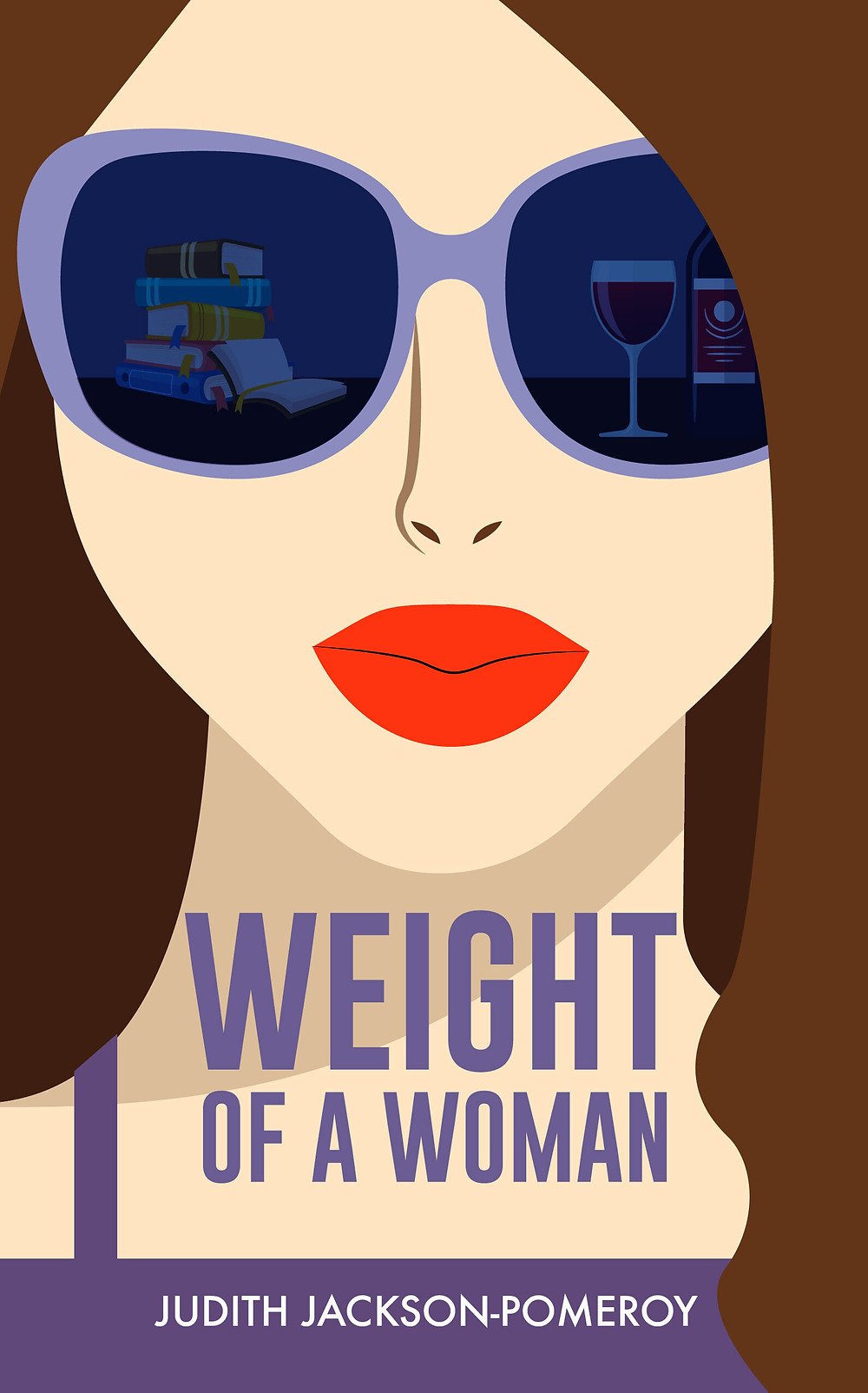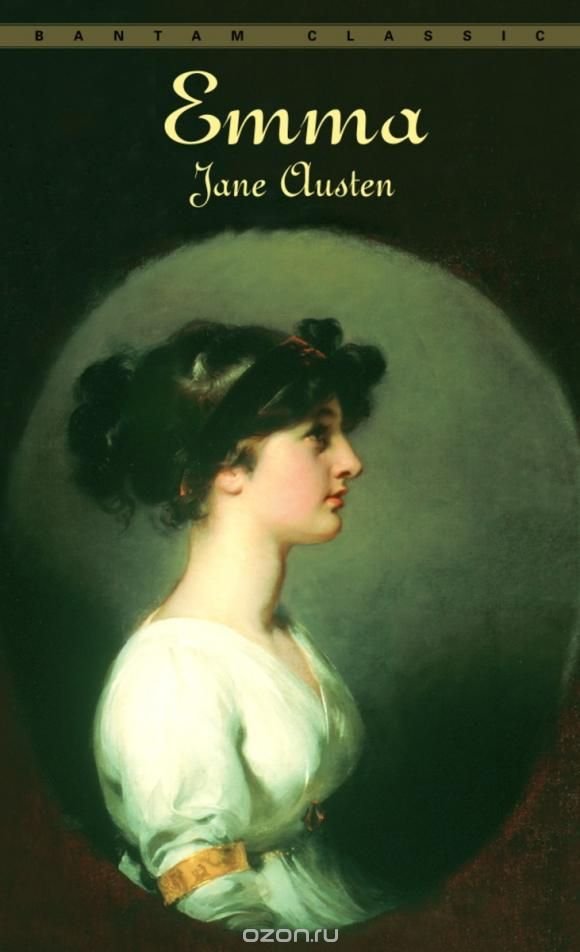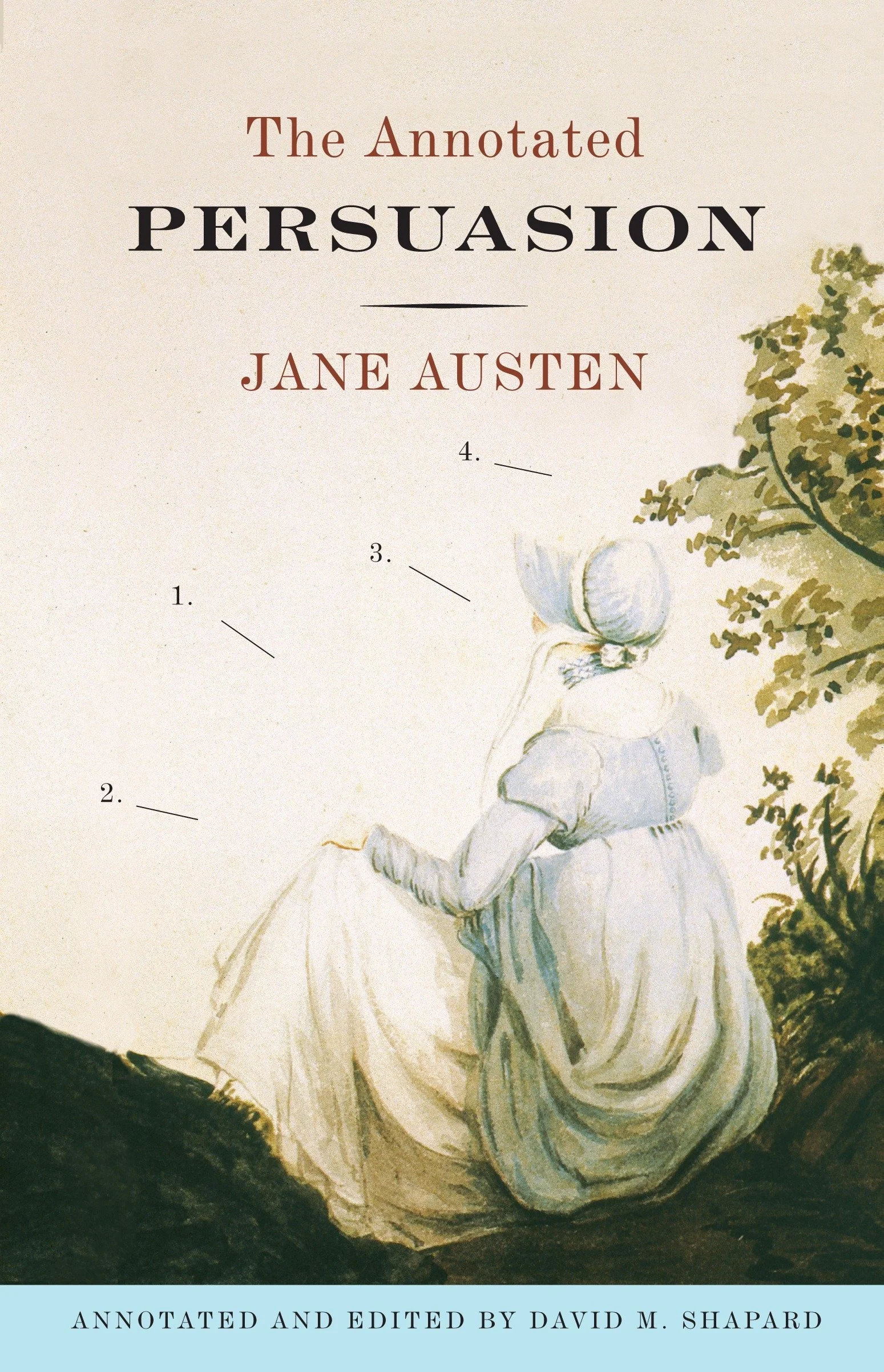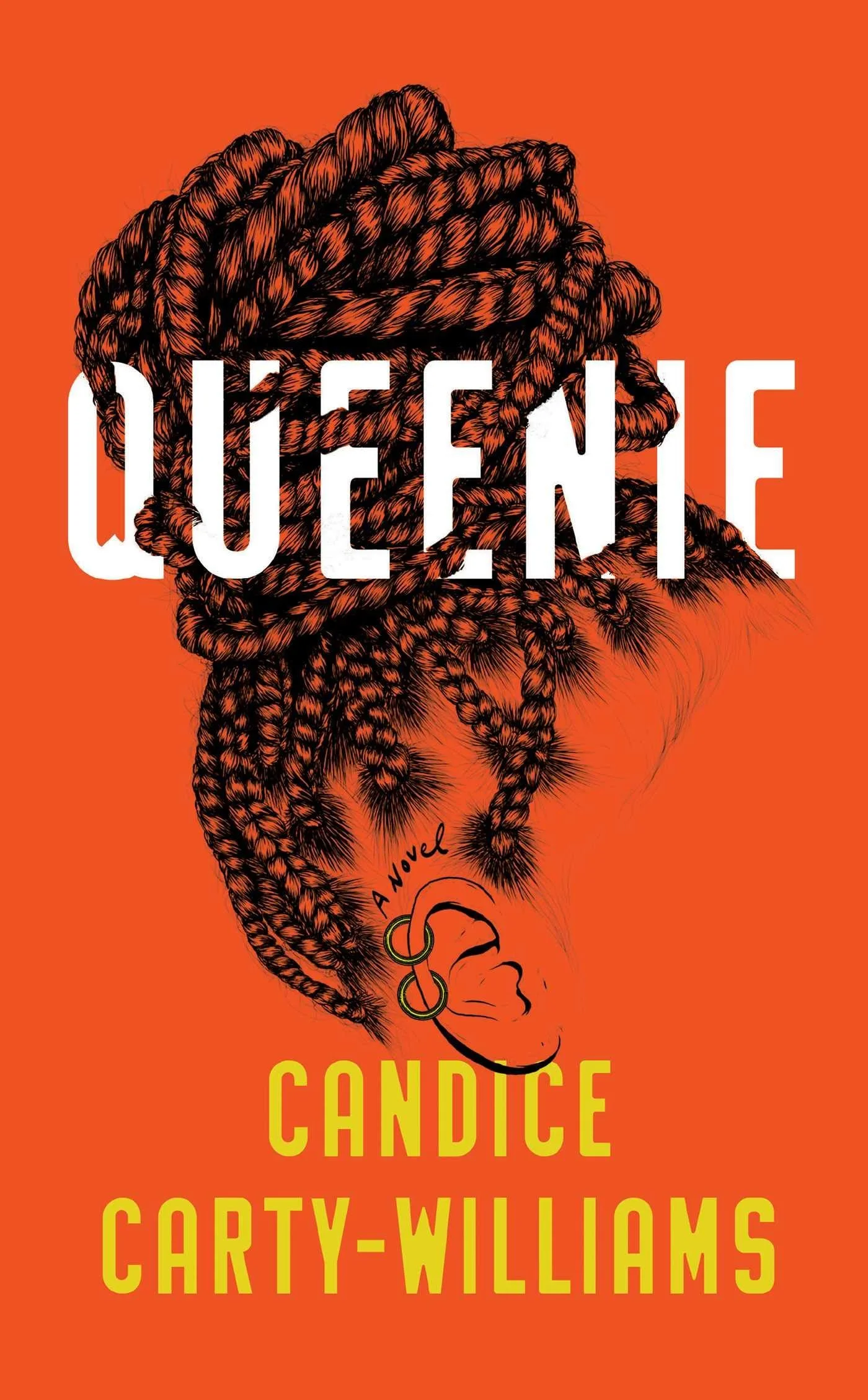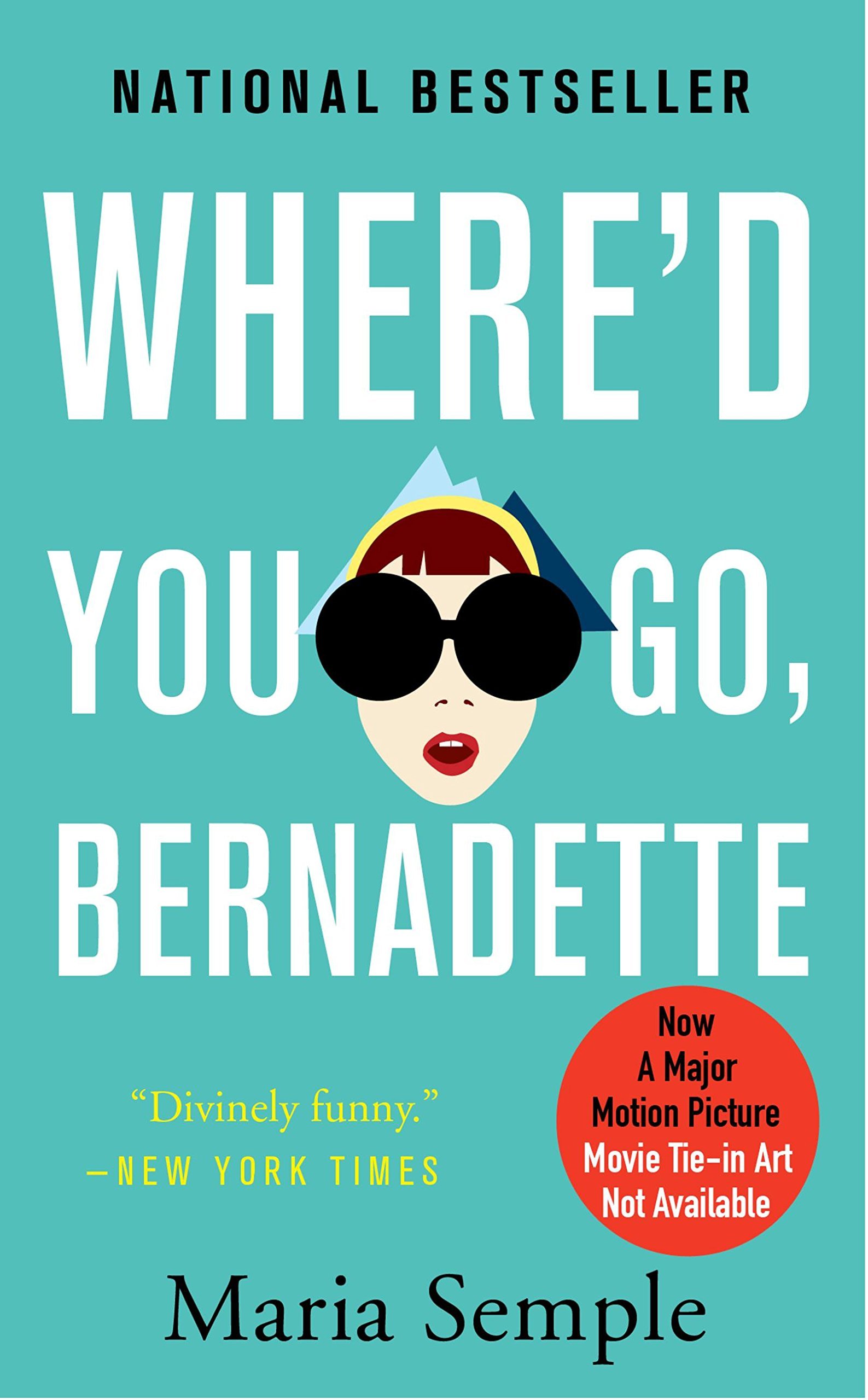Judith Jackson-Pomeroy
Author Interview - Judith Jackson-Pomeroy
Author of The Weight of a Woman
My debut novel, Weight of a Woman, is a mischievous tale about two cloistered worlds (professor and rock star) and one deeply-flawed protagonist.
Professor Sara Wolfe puts her job on the line when she is tempted by a career-threatening relationship with a student, who also happens to be a rock star. As she tells herself alternative truths about this and all her other self-destructive tendencies, including an eating disorder (it’s just an attempt to get back into her designer jeans), and flirting with inappropriate people (but only when she’s drunk, which is most of the time), her life descends into chaos. While her best friends, Professor Marco Gonzalvez (an award-winning poet) and Jane Curran (director of the campus-based Women’s Resource Center where, ironically, Sara counsels students with food issues), try to save her with liquor-ridden intervention parties, she only continues to increase her alcohol intake, lose more weight, and get closer to Poetry Boy (her famous pupil). Struggling to connect it all with the damage of a past sexual assault, she has some choices to make. None of them are predictable.
Author Interview - Judith Jackson-Pomeroy
Author I draw inspiration from: Jane Austen, Candace Carty-Williams, Jen Beagin, Elinor Lipman, among so many other women writers. I am inspired by authors who write about the female experience with pathos and unexpected humor.
Author Interview - Judith Jackson-Pomeroy | Author I Draw Inspiration From
Favorite place to read a book: My back yard, by the firepit in my Adirondack chair. Since I live in Boston, however, the weather prohibits this about 7 months out of the year, so then I curl up in my favorite armchair and shut the door behind me.
Book character I’d like to be stuck in an elevator with: Anne Elliot, the protagonist in Jane Austen's last novel, Persuasion. An early intersectional feminist, Anne laments the indignities that the poor endure in her society, declares that reading poetry written by men is probably not the best 'go to' reference for understanding the female experience, and implores her family to be more aware of the day-to-day lives of the marginalized. I would love to see her reaction when I tell her that not much has changed in 200 years.
Author Interview - Judith Jackson-Pomeroy | Book Character I’d Like to be Stuck in an Elevator With
The moment I knew I wanted to become an author: Starting at around age 10, every time I'd put down a book, I would carry the characters with me as I went about my day, and I still do today: Starbucks, department stores, chain restaurants, or local, local, local? Newspapers or online news? Kettle cooked, regular, or never eat chips? Cry easily or be stoic in the face of stress? Foodie or vegan? Decisive or angst ridden about everything at every moment? Fashionable or fashion averse? It wasn’t until I was in my late twenties and finished graduate school and started my career that I finally had the head space to find characters of my own creation popping into my head –with likes and dislikes, strong opinions, and plans – and I’d hurriedly jot down notes on scraps of paper, shove them into my pockets and later retrieve them to outline full-fleshed characters, a plot, and how this particular character would navigate everyday situations.
Hardback, paperback, ebook or audiobook: I'm happy to read on an electronic device, but when I’m reading at home I do love the feel of a hardback in my hand. Paperbacks are my preference when I'm travelling, however, as you can squeeze a lot more of those in your luggage.
The last book I read: Candace Carty-Williams' novel, Queenie. The protagonist, Queenie, is a bit messy, makes a lot of poor decisions, but given her background and the messages about Blackness, femaleness, and youth that she navigates in her daily life, you find yourself not only facepalming and cringing (at some of her choices, as well as at the way men act) but nodding too as you see yourself in her, laughing out loud, and rooting for her all the way.
Author Interview - Judith Jackson-Pomeroy | The Last Book I Read
Pen & paper or computer: Both. I "write" on my laptop, but I keep a notebook with me to jot down thoughts, ideas, outlines, and things I hear people say that resonate with me.
Book character I think I’d be best friends with: Bernadette Fox, from Maria Semple's novel, Where’d You Go, Bernadette? Bernadette's quirky otherness and outrage with indifference to ‘the-way-things-are’ resonate with me. She feels like my tribe. I think we’d roll our eyes about the state of the universe and hold each other’s hands as we got sick going through the Drake Passage together.
Author Interview - Judith Jackson-Pomeroy | Book Character I’d be Best Friends With
If I weren’t an author, I’d be a: A culture worker, and by that I mean an activist for social justice, someone who is devoted to helping create an equitable reality for otherized and marginalized people. In some ways, this is part of my day job (as a gender Scholar and Academic Editor), but my paid position limits me to focus on projects that get funding, whereas if I were a freelance culture worker, I’d get to focus on the most pressing social justice issues.
Favorite decade in fashion history: Sorry, I can't pick one decade. I love the Edwardian dresses (and bolero jackets) from the early and mid-1800's because 1. who wouldn't look good in that, and 2. I love all things Jane Austen; in my opinion, she was the first woman to effectively satirize the hegemonic feminine ideal. I also adore early- and mid-19th Century fashions, especially the 1920's-1940's. These years were a period of great change for women, when social and political shifts thrust women into new social roles, which the fashion industry then exploited. My PhD research was focused on women's popular magazines (early 1900's to the late 1990's), so fashion inevitably caught my eye. Ever since then, I've ached to wear a flapper dress, or a Rosie the Riveter inspired boxy little pantsuit.
Place I’d most like to travel: I've been lucky enough to have traveled a lot, but Antarctica really appeals to me. I'm drawn (year after year) to European cities (probably because I grew up there and so this is my comfy place), but the desolate landscape and silence of Antarctica really appeals to me. For me, the open ocean is like looking at the cosmos through a telescope, reminding us that everything is temporal. This feeling cements my own smallness on the planet and in human history, and that puts all my troubles into perspective, and is deeply comforting to me.
My signature drink: Sangria. It’s my drink at my favorite café below the studio apartment I rent in Italy (for a few weeks every summer). Every sip transports me to that place; the squeal of scooters, the washing hanging on the line, the smell of fresh-baked bread, and being ensconced with my partner and our 2 daughters in our tiny home in Italy, where we just cook, eat, walk, and watch the sunset over the Mediterranean.
Favorite artist: Right now, it’s Firelei Baez
Number one on my bucket list: Live in a house with a view of the ocean.
Anything else you'd like to add: Just another human, trying to tell stories on the experience of women (and all otherized, marginalized communities), and the contrariness of everyday life, including its terrible sadness, enormous love, exhaustion, and humor.
Find more from the author:
Website: https://www.judithjacksonpomeroy.com/
Facebook: https://www.facebook.com/JacksonPomeroyJ
Twitter: https://twitter.com/JJacksonPomeroy
Author Bio: Originally from the U.K., Judith Jackson-Pomeroy moved to the U.S. to earn her PhD. When she’s not writing women’s fiction, she works as an editor for an academic editing company and as a Research Consultant at Wellesley Centers for Women, where she recently collaborated on a #MeToo publication. She is the recipient of an international fiction writing award and has presented extensively on women’s issues and gender. Her fiction is an extension of all she’s learned (both professionally and from her own experience and that of her daughters, friends, and students). Her fiction is described as a take on modern womanhood with themes of sexual politics, mental health, and addiction, and features tartly funny, unapologetic, complex female protagonists who will make you laugh, facepalm, and cry. Her debut novel, Weight of a Woman, is forthcoming with Odyssey Books in 2022.



